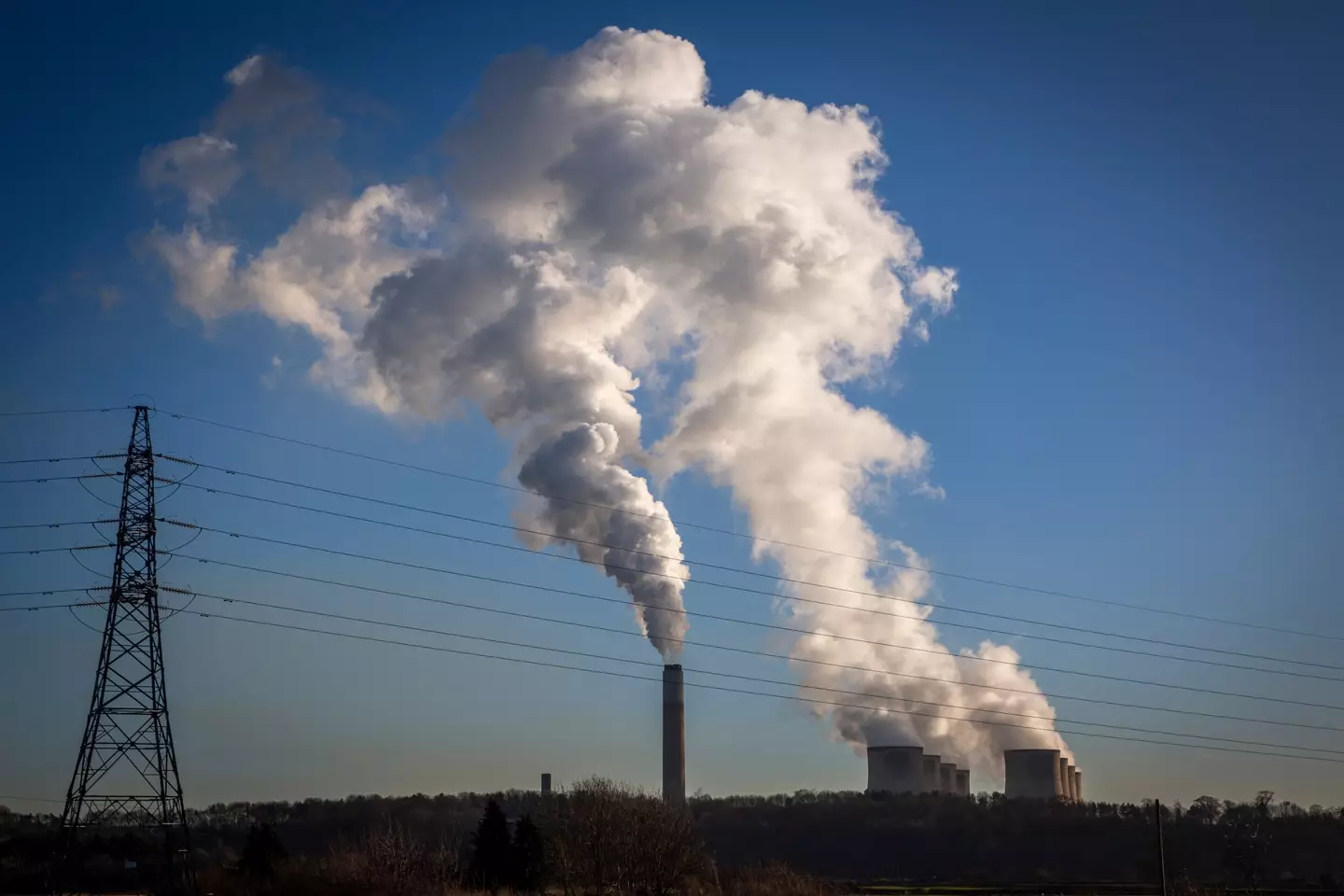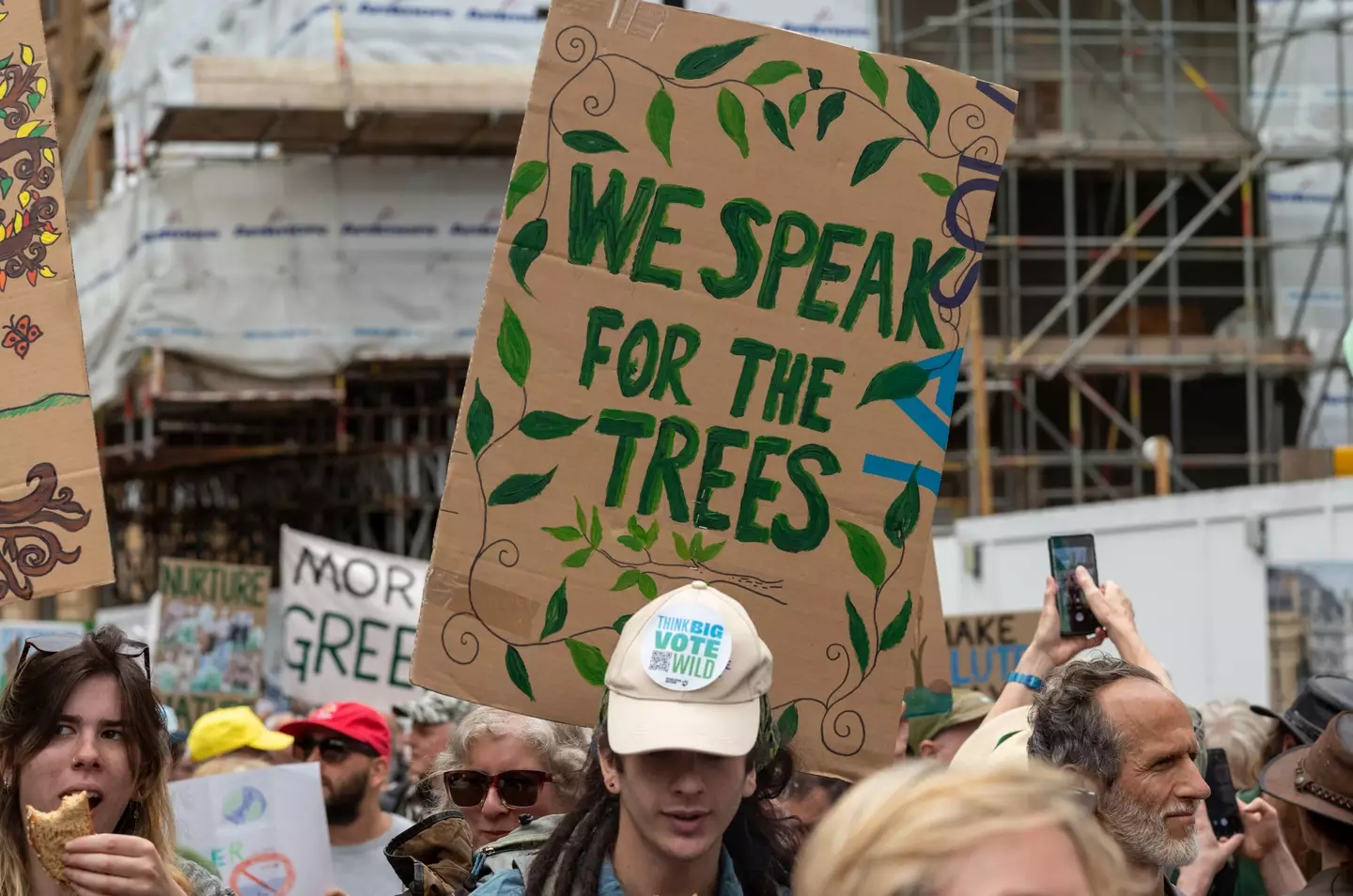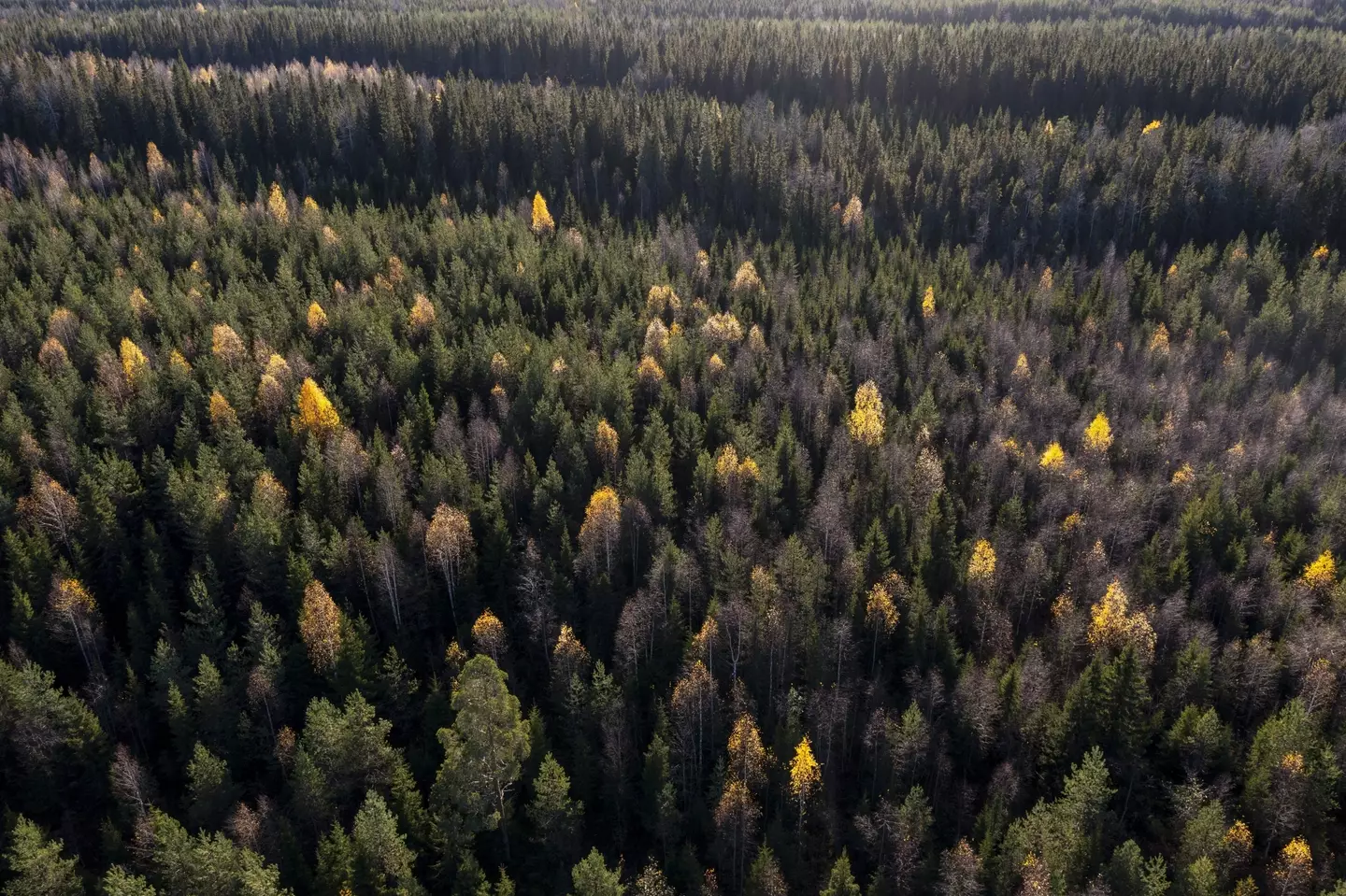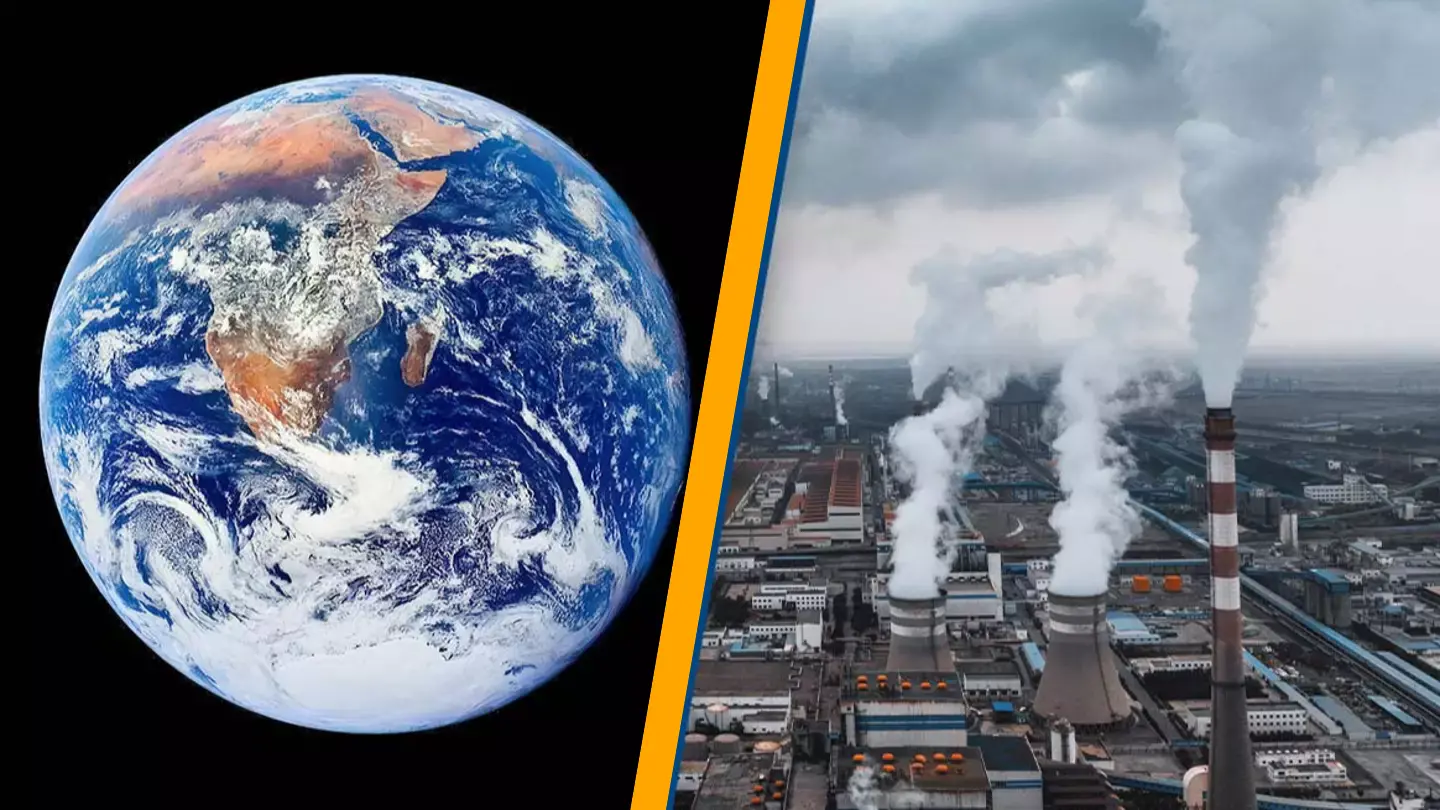A team of international researchers has sounded the alarm regarding the future of our planet after identifying that trees and land absorbed minimal carbon in the past year.
The process by which plants take in carbon dioxide is a fundamental concept taught in early science education, but what occurs if this process becomes ineffective?
Human activities, such as burning fossil fuels like coal, oil, and natural gas, generate carbon emissions that, when trapped in the atmosphere, contribute to climate change.
Consequently, there is a constant push for individuals to reduce their carbon footprint, with some assistance coming from natural processes.
Natural systems on Earth, including oceans, forests, grasslands, and soils, play a significant role in absorbing atmospheric carbon, thereby aiding in climate regulation.
As human population, industrial production, and technology have expanded, carbon emissions have increased, but so has the carbon absorption capacity of plants due to the availability of more carbon dioxide boosting plant growth.

For millennia, the carbon output was manageable for plant life in the Earth’s relatively stable climate.
However, with rising temperatures and expanding agricultural activity, the balance is being disrupted.
In a collaborative study by researchers from China, the UK, France, and Germany, the scientists highlighted that 2023 marked the hottest year on record, with forests, plants, and soil absorbing minimal carbon.
During New York Climate Week in September, Johan Rockström, director of the Potsdam Institute for Climate Impact Research, issued a stark warning about our current trajectory.
“Nature has so far balanced our abuse. This is coming to an end,” he stated.

Earlier this year, research examining carbon absorption revealed that although the total carbon uptake by forests between 1990 and 2019 remained stable, regional variations were evident.
The boreal forests, spanning Russia, Scandinavia, Canada, and Alaska, experienced a reduction in absorption by more than a third due to climate crisis-related impacts such as fires and land clearance for timber.
Drought conditions in the Amazon and certain tropical regions, coupled with high temperatures in boreal forests, are believed to have contributed to last year’s carbon sink collapse.
Philippe Ciais, a contributing author to the study and researcher at the French Laboratory of Climate and Environmental Sciences, remarked, “In 2023, the accumulation of CO2 in the atmosphere is very high, translating into a very, very low absorption by the terrestrial biosphere.
“In the northern hemisphere, where you have more than half of CO2 uptake, we have seen a decline trend in absorption for eight years,” he continued, as reported by The Guardian. “There is no good reason to believe it will bounce back.”

While the preliminary data from 2023 is alarming, there is a possibility that the carbon sink breakdown could be temporary if drought and wildfire exposure reduces.
The ocean also serves as a carbon absorber, though this results in increasing sea temperatures.
Professor Andrew Watson, leading Exeter University’s marine and atmospheric science group, stated, “Overall, models agreed that both the land sink and the ocean sink are going to decrease in the future as a result of climate change. But there’s a question of how quickly that will happen.
“The models tend to show this happening rather slowly over the next 100 years or so. This might happen a lot quicker.
“Climate scientists [are] worried about climate change not because of the things that are in the models but the knowledge that the models are missing certain things.”
With the current state of natural carbon sinks being precarious, Professor Pierre Friedlingstein from Exeter University cautioned against relying solely on natural forests for carbon absorption.
“We really, really have to tackle the big issue: fossil fuel emissions across all sectors,” he stated.

